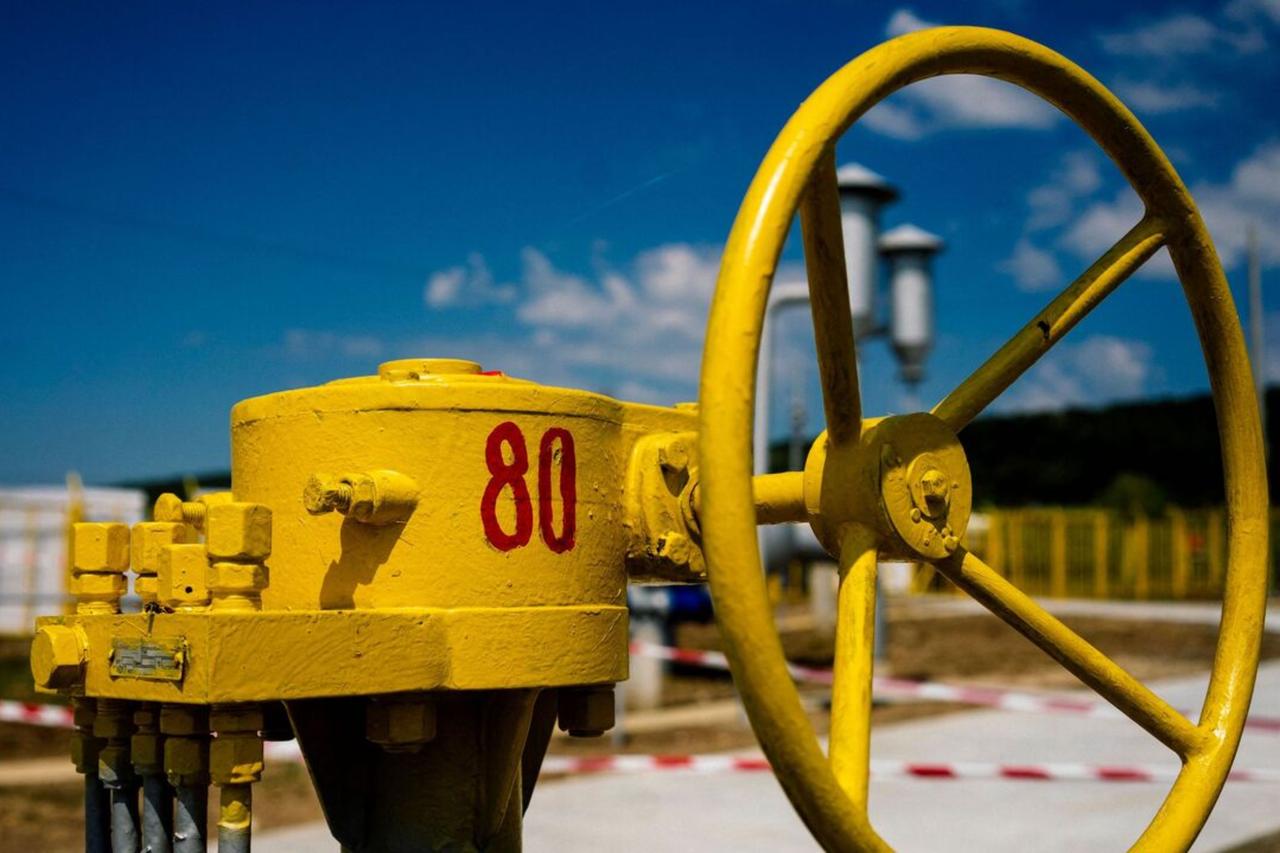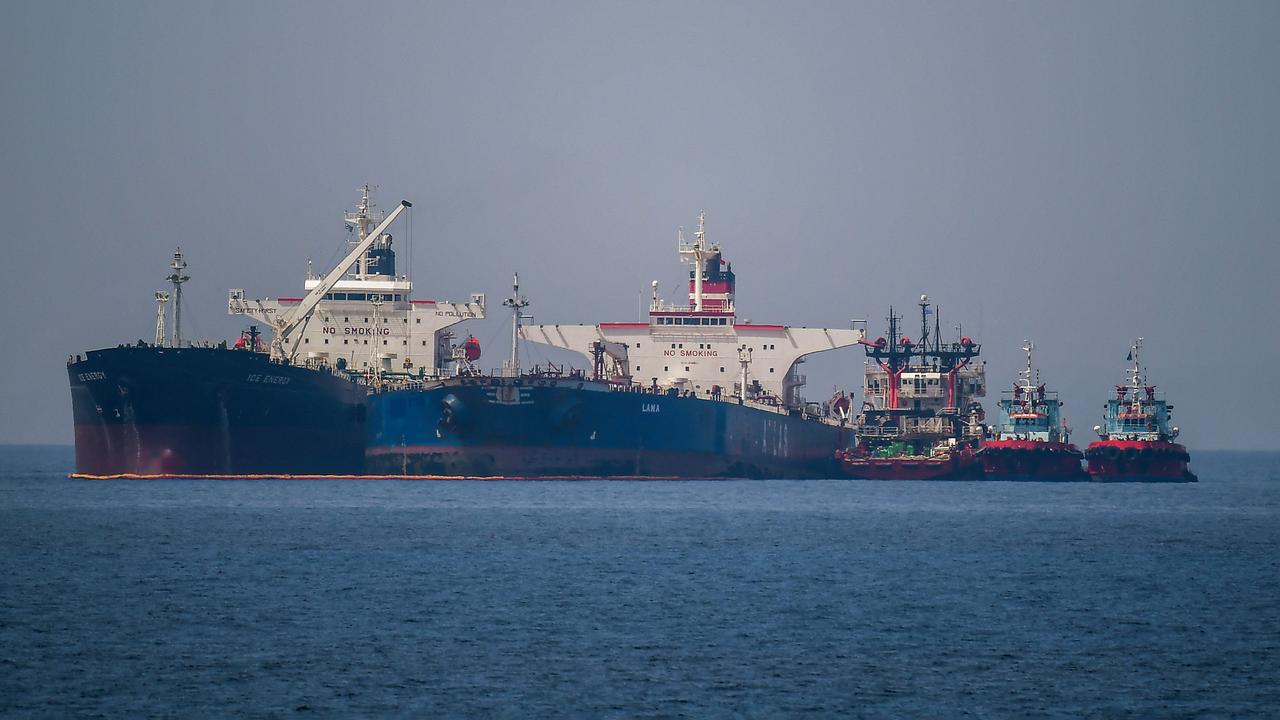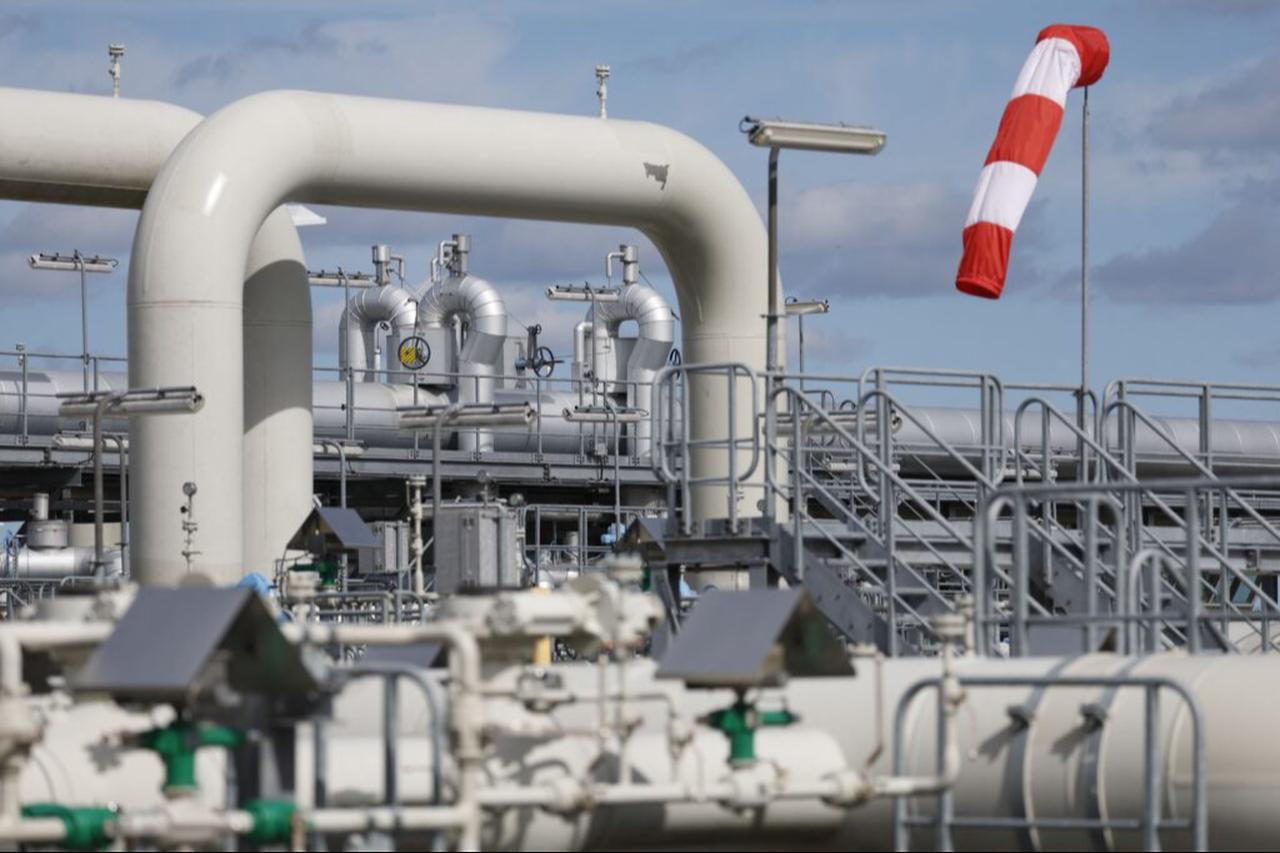
The EU Council agreed on its negotiating position to phase out Russian natural gas imports completely by Jan. 1, 2028, energy ministers said following discussions in Luxembourg, according to a written statement published Monday.
The regulation introduces a legally binding, stepwise prohibition on both pipeline gas and liquefied natural gas imports from Russia.
The decision represents an ambitious signal of the EU's willingness to end dependency on Russian energy following Russia's weaponization of gas supplies and repeated disruptions to EU energy markets.
"An energy independent Europe is a stronger and more secure Europe. Although we have worked hard and pushed to get Russian gas and oil out of Europe in recent years, we are not there yet. Therefore, it is crucial that legislation definitively bans Russian gas from entering the EU," Denmark's Minister for Climate, Energy and Utilities Lars Aagaard said.

The agreement maintains a stepwise approach with three key deadlines for phasing out Russian gas under existing contracts.
Amendments to existing contracts are permitted only for narrowly defined operational purposes and cannot lead to increased volumes. Landlocked EU member states affected by recent changes in supply routes will receive specific flexibilities.
The council streamlined customs obligations for non-Russian gas imports by establishing lighter documentation requirements. Only basic information must be provided to the authorizing authorities before non-Russian gas enters the EU customs territory.
Russian gas imports during the transition phase require more extensive information, including the date and duration of supply contracts, contracted quantities, and any contract amendments.
Both categories of gas imports are subject to a prior authorization regime. For Russian gas and transition-period imports, information must be submitted at least one month before entry. For non-Russian gas, proof must be provided at least five days before entry.
In the case of mixed liquefied natural gas cargos, documentation must prove the respective shares of Russian and non-Russian gas, with only non-Russian amounts permitted to enter the EU.
To reduce administrative burden, imports from countries meeting specific criteria will be exempt from prior authorization. The Commission will draw up a list of exempted countries within five days of the regulation's entry into force.
Additional monitoring and notification mechanisms have been introduced to prevent Russian gas from entering the EU under transit procedures.

All member states must submit national diversification plans outlining measures and potential challenges to diversifying gas supplies. Member states that already demonstrate they no longer receive direct or indirect Russian gas imports are exempt from this requirement.
Member states still importing Russian oil must also submit national diversification plans to discontinue those imports by Jan. 1, 2028.
Russian gas currently accounts for an estimated 13% of EU imports in 2025, worth over €15 billion ($17.4 billion) annually. This leaves the EU exposed to significant risks in energy and trade security.
The EU sourced 45% of its natural gas from Russia in 2021. That share dropped to 19% last year as the EU worked to reduce Russian energy dependency.
In contrast, oil imports from Russia have fallen below 3% in 2025. Many EU member states continue to import Russian liquefied natural gas and pipeline gas.
The proposed regulation constitutes a central element of the EU's REPowerEU roadmap to end dependency on Russian energy. The Commission adopted the REPowerEU roadmap in May 2025. In June 2025, the Commission proposed legislation focusing on the gradual phasing out of the remaining pipeline gas and liquefied natural gas.
The regulation will enter into force once approved by both the EU Council and the European Parliament. The Council presidency will begin negotiations with the European Parliament to agree on the final text.
Compared to the Commission's proposal, the Council developed provisions on information exchange between national authorities, the EU Agency for the Cooperation of Energy Regulators and the Commission. The Council also required the Commission to review regulation implementation within two years of entry into force, including provisions on prior authorization procedures.
The agreement clarified the suspension clause, specifying which types of disruption to energy security could justify the temporary lifting of the import prohibition or prior authorization requirement.